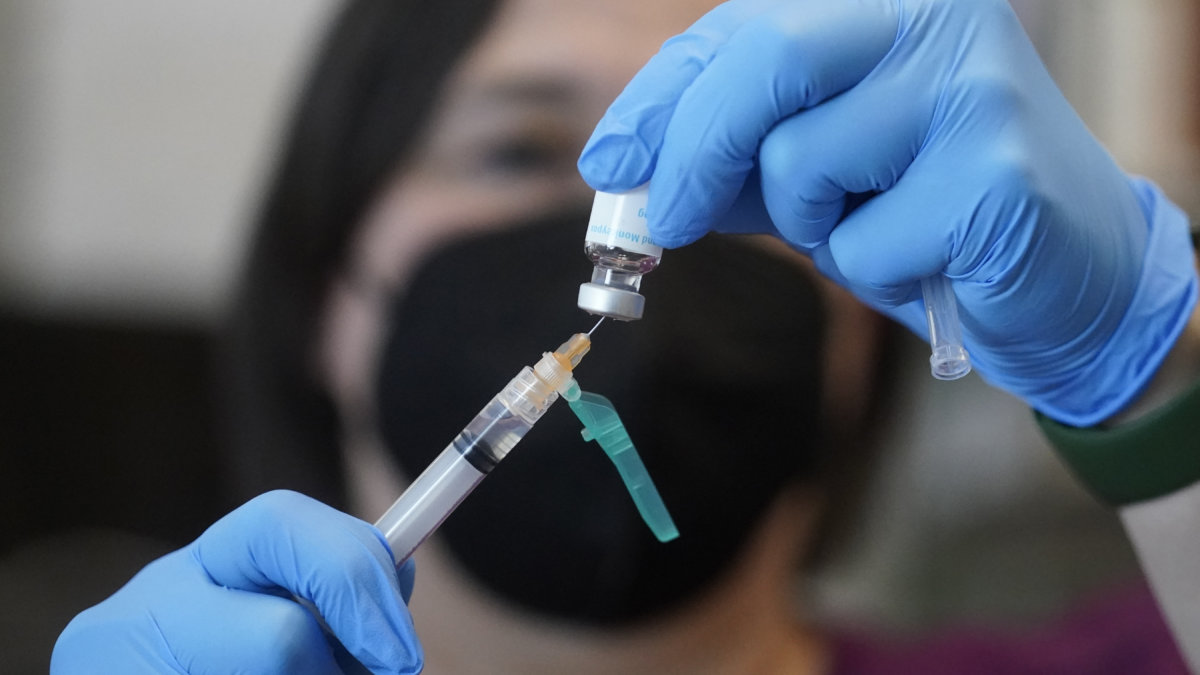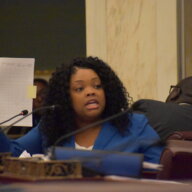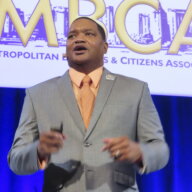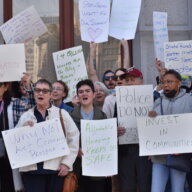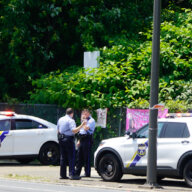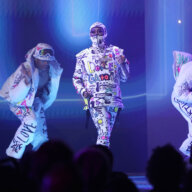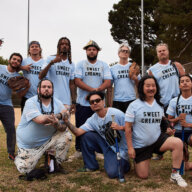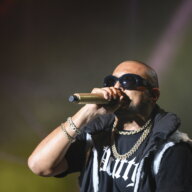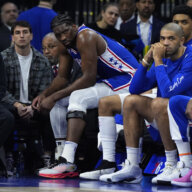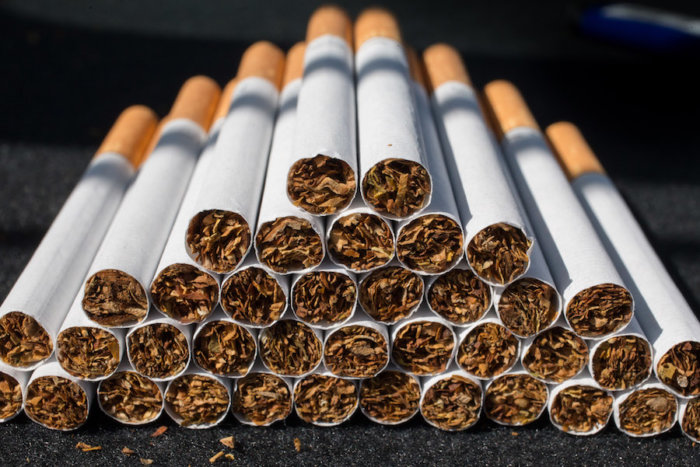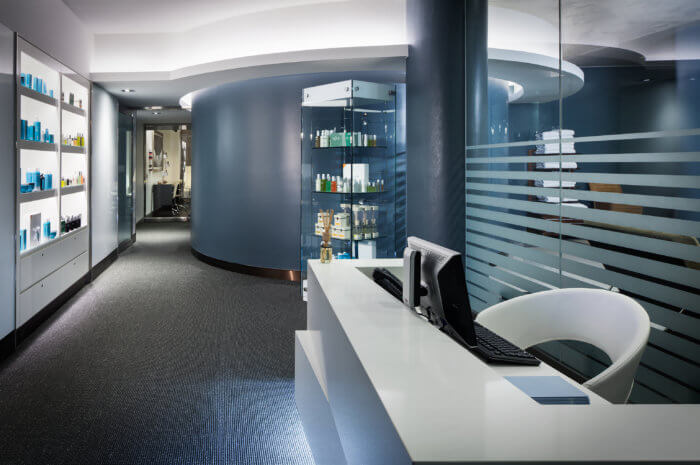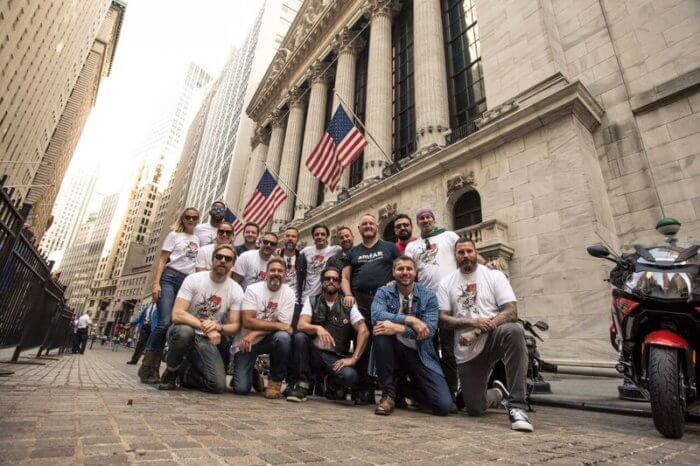In June, the first monkeypox case was detected in Philadelphia—which also marked the first in the state. Soon after, the city moved to expand the number of vaccines available.
“Monkeypox is a rare, but potentially serious infection that is preventable,” said Coleman Terrell, the Health Department’s Director of Disease Control in a statement to Metro at the time. “Philadelphia has recently been allocated doses of vaccine that can help protect those who may have been exposed to monkeypox. We believe that with a targeted distribution strategy, we can help contain the outbreak and continue to protect those in our community.”
By July 19, the Health Department received 1,605 doses of the JYNNEOS vaccine—an indicator for smallpox and monkeypox— for distribution. Additional doses were then expected to arrive the following week.
However, it didn’t take long for confusion and frustration to circulate amongst high-risk individuals—disproportionately, the virus has affected men who have sex with men in the current global outbreak—when it came to receiving the vaccine. By the end of July, many were calling for help.
Some who were high-risk reported just how difficult it was to receive a vaccine. Their calls to schedule appointments were met with automated messages, clashing instructions, or, simply a “no” in terms of availability.
Many, including those at The Mazzoni Center, have been advocating for help to get the message out regarding what is needed to stop the spread of monkeypox. Health experts say vaccines can help prevent new cases, or at least, reduce symptoms in someone who becomes infected.
According to the Philadelphia Department of Public Health, people who are considered to be at high risk—those 18 years and older, gay, bisexual, transgender, non-binary and other men who have sex with men, transgender, or non-binary persons—are eligible to be vaccinated against monkeypox.
The Mazzoni Center is one of five venues around Philadelphia who are currently offering vaccinations—other sites include Philadelphia FIGHT, Presbyterian Hospital, Drexel Partnership and PennMedicine.
Between July 22 and Aug. 19, The Mazzoni Center administered 642 doses of vaccine. They currently have 100 vials on hand (hence the need for help), and the Center is also implementing its own advice to help curb the spread.
A lot of the prevention has to do with distance. If you’re living in a home with someone infected, taking measures to sanitize and keeping your space is recommended. If a person is exposed and doesn’t have any symptoms, vaccine is the best way to prevent infection. Once symptoms develop, a person should be tested for monkeypox.
According to The Mazzoni’s website: “The reason to get vaccinated is to avoid the development of symptoms, there’s no other reason to vaccinate. It’s a little bit of a race against time. You really want to try and get the vaccine as soon as you can after that exposure, ideally within four days of the exposure.”
The Mazzoni’s website also states that depending on specific factors—such as the person’s medical history and the severity and location of the infection—a decision can be made about whether to get treatment, and what kind.
More information on the vaccine and testing (which is regularly available) can be found on The Mazzoni’s website, which also states:
“We want to leave people with the knowledge that, yes, this virus can infect anyone regardless of gender, orientation or race. Anyone who develops a rash, should seek medical care, talk to their doctor or nurse practitioner and find out if they should get tested. Testing is commercially available. We really want to get that testing done so we can really get the best idea if it’s effective in protecting the people who need to be protected.”
For information, visit mazzonicenter.org



